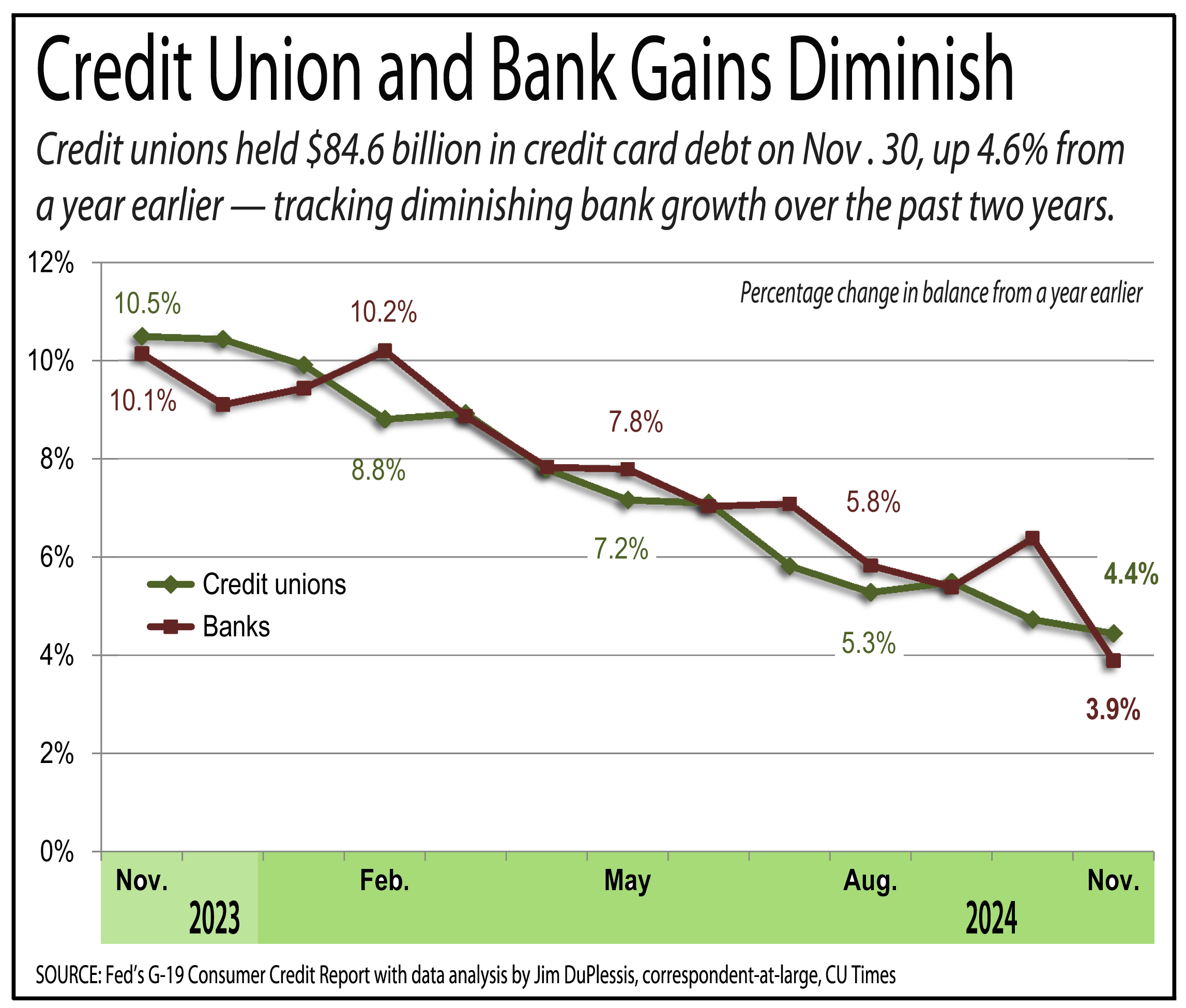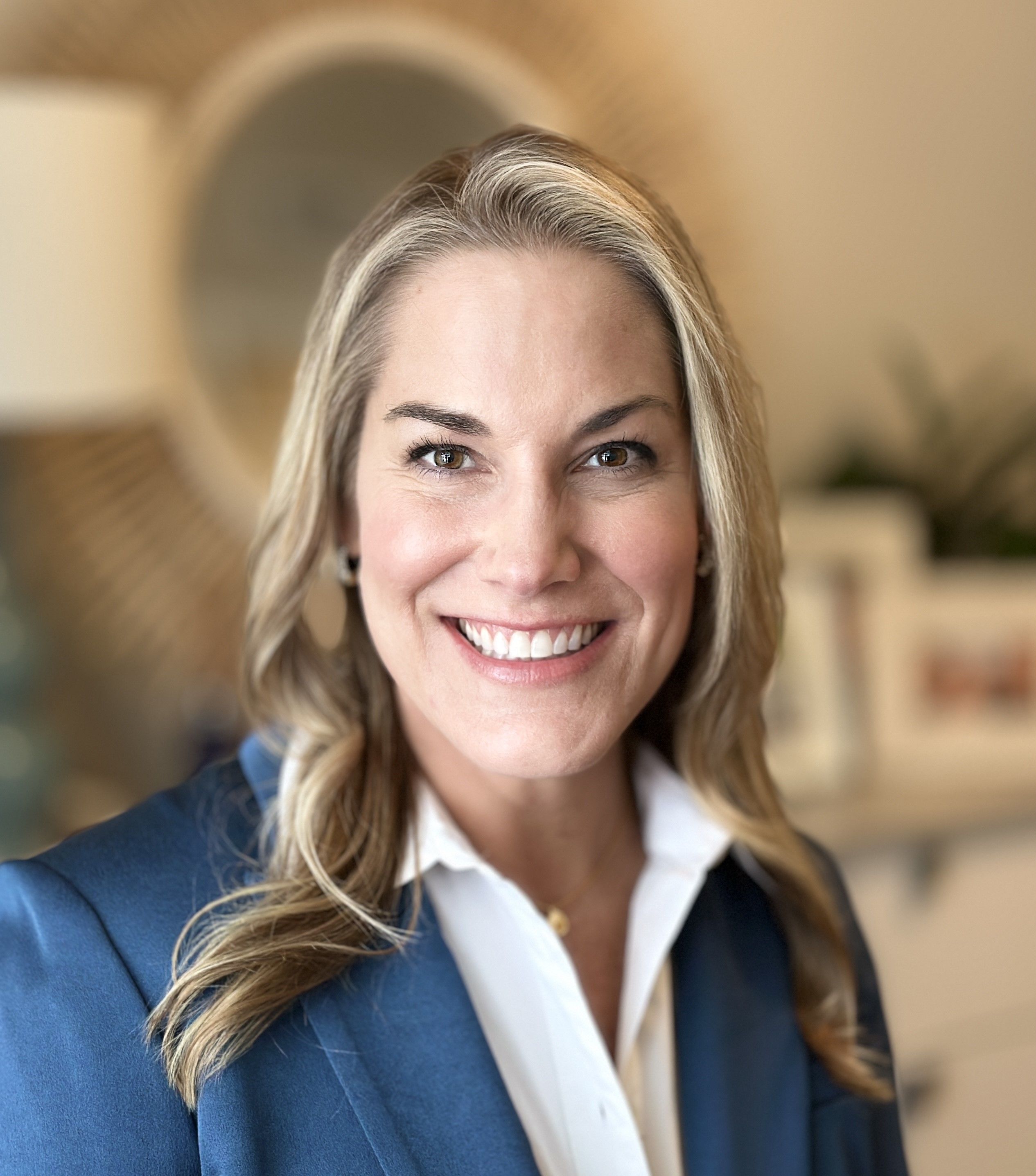PORTLAND, Ore. – Organizers of the move to challenge Columbia Credit Union's vote to become a state chartered mutual thrift plan to use newspaper ads, a Web site and word of mouth to try to mobilize opposition to the conversion, according to Tony Ward-Smith, a noted credit union consultant and Columbia member. One goal, Ward-Smith explained, is to generate attention among Columbia members who might be willing to sign a petition. If 2,000 credit union members sign the petition, according to Ward-Smith, the credit union board will have to hold a special meeting. But it's unclear if there would be time to hold the special meeting before the credit union ceases to be a credit union. "The members are aware of the time bind but have decided to continue on," Ward-Smith said. "Even if they are members of a mutual thrift, they will still be members," he said. Lloyd Marbet, Executive Director of the Oregon Conservancy Foundation and one of the leaders among the alienated Columbia members, said that the members who are organized had struck upon the petition drive as a way to measure the degree of support for fighting the vote. "We definitely think there is support for this," Marbet said. "I think the vote results indicate that, as well as the reaction to the meeting," he said. He explained that the disaffected members had not abandoned their legal recourses and estimated that the dispute would still likely wind up in court, but the members wanted to build awareness about the issue as well, he said. Meanwhile, Marbet acknowledged that there had been many rumors about the vote and the members' reaction to it. On the question of how the meeting was conducted, Marbet said that he had been given a set of Columbia's bylaws and discovered that they called for Columbia to follow Roberts Rules of Order when conducting its meeting. "They definitely did not follow Roberts," Marbet said. He also said that he had received no response from his letter to the credit union asking for copies of the contracts between Columbia and CU Financial Services, the consulting group that has served as a guide for some credit unions which have sought to change their charters, and Moss Adams, the firm which Columbia hired to be an independent manager of the vote. "Without the Moss contract we can't really understand how the ballot was counted" Marbet said. Another issue which has surfaced has been the issue of Columbia's employees. Marbet noted that it's unclear whether the ballots of Columbia employees were secret and, if they were, whether they might have been pressured at all. According to NCUA, Columbia had 223 full time employees as of September 30. "The bottom line is that we don't know how this is going to turn out," Marbet said. "But there are clearly enough people who believe this credit union is worth fighting for as a credit union." No one from Columbia was available to comment for this report. -
Complete your profile to continue reading and get FREE access to CUTimes.com, part of your ALM digital membership.
Your access to unlimited CUTimes.com content isn’t changing.
Once you are an ALM digital member, you’ll receive:
- Breaking credit union news and analysis, on-site and via our newsletters and custom alerts
- Weekly Shared Accounts podcast featuring exclusive interviews with industry leaders
- Educational webcasts, white papers, and ebooks from industry thought leaders
- Critical coverage of the commercial real estate and financial advisory markets on our other ALM sites, GlobeSt.com and ThinkAdvisor.com
Already have an account? Sign In Now
© 2025 ALM Global, LLC, All Rights Reserved. Request academic re-use from www.copyright.com. All other uses, submit a request to [email protected]. For more information visit Asset & Logo Licensing.









